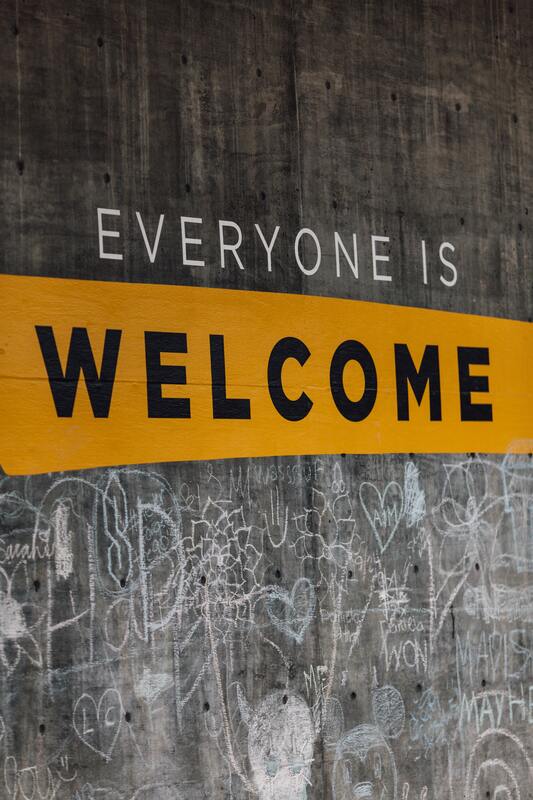Process Theology and the Politics
of Zero Sum and Abundance
see also:
We dare not forget the politically incited insurrection of January 6 and the civil unrest perpetrated by white and Christian nationalists. It was ironic that the attempt to take over the Halls of Congress took place on the Feast of Epiphany, the day of the magi, celebrating God’s global revelation and God’s wisdom beyond our nation and faith traditions, the time of revealing of God’s presence in moments of conflict and tragedy.
The events of January 6, of course, had roots long before the Capitol siege. The day revealed contrasts in religious and political viewpoints. The day revealed democracy under siege, the impact of demagogues, the reality of racism and white privilege, and fascist tendencies in American politics and religion.
While there are many plausible explanations for the events of January 6, the day also revealed what we have known all along – two contrasting visions of religion and politics that lead to two radically different understandings of truth and diversity. I believe the events of that fateful day reveal the politics and religion of “zero sum” and the politics and religion of abundance and sufficiency.
The politics and religion of zero sum are grounded in a vision of scarcity. Truth, prosperity, and power are finite and must be hoarded. The politics of abundance proclaims an ever-growing reality of truth and prosperity and the affirmation that when others succeed we also benefit and that there is enough for our need, but not for our greed, as Mahatma Gandhi asserts. Truth, power, and prosperity are intended to be shared and are increased in the process.
The politics and religion of zero sum see everyone who differs from us as a potential threat, a drain on my largesse, and a challenge to the faith I affirm. If others experience revelation, and outsiders are saved, then my religious tradition is weakened, if not nullified. If others gain economically or in terms of human rights, our position of dominance is put at risk. People of other faiths, immigrants, and persons of color threaten my standing and wellbeing not to mention my relationship to God and the seats of political power. From this perspective, truth is limited and complete. No growth is needed. In fact, the old ways are superior to any new perspectives or practices. Any change in our experience, or questioning of the old-time religion, endangers my faith. Otherness is dangerous and needs to be eliminated legally, politically, and possibly violently.
In contrast, process theology proclaims a religion and politics of abundance. Truth is never complete. Our understanding of God and the world is evolving and expanded in our encounters with other religions and cultures. We grow in learning from one another. Economic and social justice adds ultimately to the wealth and status of working people. We welcome others at our dinner table, boardroom, classroom, and worship space.
In the days ahead, we need to live by the spirit of abundance both politically and spiritually. Tradition and novelty, conservative and progressive, capitalist and socialist, contemplative and activist, creedal and non-creedal can grow in dialogue and the common quest to heal the world. We need to embrace large ideas, endorse new possibilities, gain from new perspectives, and listen to diverse voices as we seek the more perfect and just union and a more inspirational and inclusive religion.
+++
Bruce Epperly is a Cape Cod pastor, professor, and author of over 60 books, including “Mystics in Action: 12 Saints for Today,” “Prophetic Healing: A Mystic’s Guide to the Internet,” “Process Theology and Politics,” “God Online: A Mystic’s Guide to the Internet,” and “Walking with St. Francis: From Privilege to Activism.
